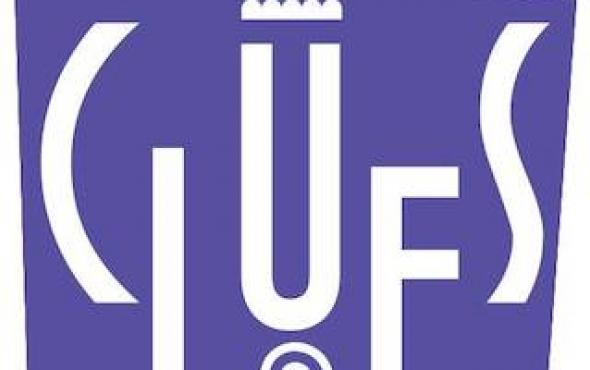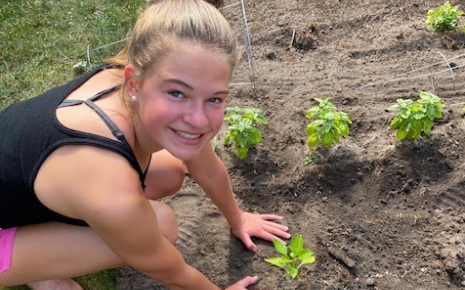“I like to empower this new generation,” mused Anali Crispin, psychotherapist with Comunidades Latinas Unidas en Servicio (CLUES).
Her work guiding Manejando Estres (managing stress) groups for 6th, 7th and 8th grade students from Minneapolis’ Aurora Charter School gives her an ideal opportunity to do so.
“I work with youth who are struggling with anxiety, depression and low self-esteem,” Anali explained. “They often feel very isolated, and this group brings them together with peers to open up and share their feelings and ideas. It’s a safe space where they can talk about anything in their lives — families, school — anything.”
Using a cultural lens helps create that safe space and sense of community. “Their family values, traditions and expectations are grounded in Latino culture,” Anali continued. “In this group they find that they’re not alone. They have a real eagerness to help each other by sharing their own experiences and relating to others.”
In a typical year, Manejando Estres groups meet weekly on site at school, and use hands-on activities like art and painting or self-reflection worksheets to help express, gauge and understand their emotions.
COVID-19 threw those plans in limbo.
Youth are referred to Manejando Estres by the social worker and behavior specialist at Aurora, so having a strong partnership with school staff was key to successfully continuing the groups during COVID shut-downs. “I am really proud of how accountable we were with each other,” Anali recalled. “We communicated well and were really supportive of one another. The school social worker and behavioral specialist took it upon themselves to make sure all the paperwork was in place and parent release forms signed so these groups could continue.”
The United Way’s COVID-19 Response & Recovery Fund provided financial support that helped transition Manejando Estres groups to an online format during the pandemic.
“At first, interactions were a challenge,” Anali admits. “In person they would talk, ask questions, smile, but online, it was much more isolating. Lots of dark screens. We did group ice-breakers and one-on-one breakout activities to build connections, and after about three sessions, they started to open up. Cameras started coming on and they started sharing little by little.”
“One of the things we focus on in the groups is learning mental health skills that translate to their home and school lives,” Anali reflected. “With COVID, there was a very direct correlation when students were doing school from home. We worked on designing stress-free study areas in their homes. They had to develop strategies for taking breaks, limiting distractions, setting goals and creating a schedule for getting work done on time. We even practiced reaching out to teachers to ask for help!”
One of the advantages of being online was more flexibility to follow-up with youth individually. “Sometimes teens would want to talk after our group time, but they had to go off to class,” Anali explained. “We were in this mindset that meetings had to take place in person. Now we have more flexibility and can schedule a check-in online. I’d like to continue that.”
The Manejando Estres groups were especially critical during a year when the isolation, uncertainty and anxiety of navigating the pandemic brought mental health needs to the forefront. “At the beginning of the year the youth were overwhelmed and stressed out,” Anali noted. “They were so much more optimistic by the end. Many of them want to come back to the groups this fall. They have made many comments like ‘Thank you for helping me and listening to me,’ and ‘This group helped me believe in myself and feel proud of myself.’”
“I’m so proud of how resilient, powerful and creative these youth are,” she surmised. “Being bonded and united as a group, being present in a supportive community for each other — that really helped them get through COVID.”


